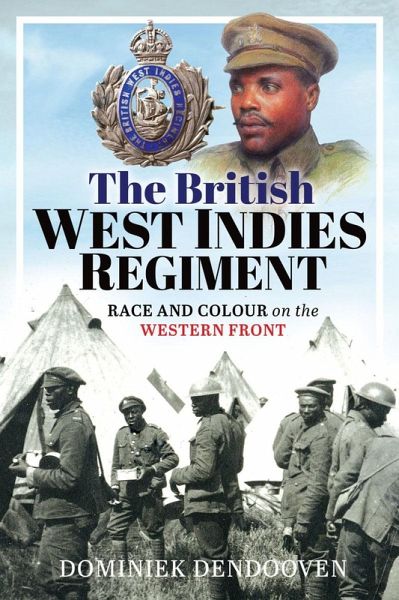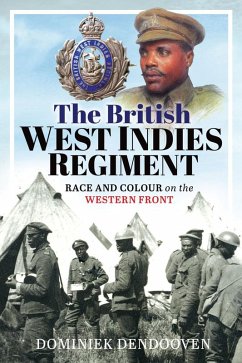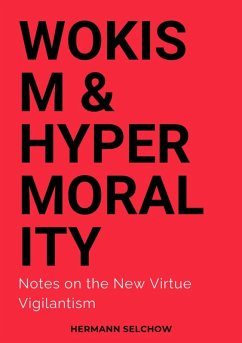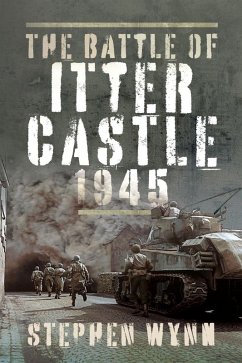
British West Indies Regiment (eBook, ePUB)
Race and Colour on the Western Front
Versandkostenfrei!
Sofort per Download lieferbar
8,95 €
inkl. MwSt.
Weitere Ausgaben:

PAYBACK Punkte
4 °P sammeln!
This is a military-political history with a vital and all-pervading cultural and social theme which shapes the narrative - race, color and prejudice. But despite this, there is an extraordinary underlying theme of empire loyalty among serving soldiers - NCOs and private soldiers - and a growing grasp of political ideas and liberal democracy. And the loyalty to the British crown as an agent of the ending of slavery will be amazing to some readers. War experience was a powerful catalyst and contributed to a ''West Indianess'' and desire for political advance. But even here the desire was for ind...
This is a military-political history with a vital and all-pervading cultural and social theme which shapes the narrative - race, color and prejudice. But despite this, there is an extraordinary underlying theme of empire loyalty among serving soldiers - NCOs and private soldiers - and a growing grasp of political ideas and liberal democracy. And the loyalty to the British crown as an agent of the ending of slavery will be amazing to some readers. War experience was a powerful catalyst and contributed to a ''West Indianess'' and desire for political advance. But even here the desire was for independence within the empire - a ''West Indian Dominion'' as with ''elder sisters'' of empire, the Dominions of Australia, Canada, New Zealand and South Africa. The political and economic status of the islands was a potent reason for the ''colored contingents'' enlisting - work was scarce - but a major impetus was the cultural concept of ''manliness'' and empire-status - shared by George V, who insisted, against government pressure, on allowing West Indians to serve with white British soldiers. But all were volunteers and not enlisted men. The West Indies Regiment was small and its contribution in action limited, and restricted largely to Egypt and Mesopotamia, and with limited service on the Western Front. But it shows vividly the ingrained racialism and color prejudice of British society and the British Army and above all, in the insensitive omission of the West Indies Regiment at the Victory Parade in 1919.
Dieser Download kann aus rechtlichen Gründen nur mit Rechnungsadresse in A, B, BG, CY, CZ, D, DK, EW, E, FIN, F, GR, HR, H, IRL, I, LT, L, LR, M, NL, PL, P, R, S, SLO, SK ausgeliefert werden.













